|
Sun spots, also known as age spots, liver spots, or solar lentigines, are flat brown, gray, or black spots that appear on the skin due to prolonged exposure to ultraviolet (UV) radiation from the sun. While they are generally harmless, sun spots can be unsightly and make you look older than you are. Fortunately, there are several natural and over-the-counter remedies that can help prevent and treat these pesky spots. What Causes Sun Spots? Sun spots are caused by an overproduction of melanin, the pigment that gives your skin its color. When your skin is exposed to UV radiation from the sun, it triggers the melanocytes (pigment-producing cells) to produce more melanin as a defense mechanism. This excess melanin clumps together, forming the dark spots on the skin. Sun spots are most commonly found on areas of the body that receive the most sun exposure, such as the face, hands, arms, and shoulders. They are more prevalent in people with lighter skin tones, as they have less natural protection against UV radiation. I have toffee-toned skin. and I noticed sun spots developing on my leg arm and legs. I assumed with my skin tone, I didn't need to use sun screen on my body... boy was I wrong. Natural Remedies for Sun Spots If you already have sun spots, there are several natural remedies that can help fade them and prevent new ones from forming. Turmeric Soap Turmeric, a bright yellow spice commonly used in Indian cuisine, has been praised for its numerous health benefits, including its ability to treat sun spots. Turmeric contains curcumin, a powerful antioxidant that can help reduce the appearance of sun spots by inhibiting melanin production. Using a turmeric soap can be an effective way to incorporate this natural remedy into your skincare routine. Look for soaps that contain turmeric as a key ingredient, or make your own by mixing turmeric powder with your favorite natural soap base. To use turmeric soap for sun spots, simply lather it onto the affected areas and leave it on for a few minutes before rinsing. Because the turmeric is infused into the soap bar during the soap making process, you won't have to worry about the turmeric soap temporarily staining your skin, making more optional than a turmeric mask. Aloe Vera Aloe vera is a natural wonder when it comes to skin care. Its soothing and moisturizing properties make it an excellent choice for treating sun spots. Aloe vera contains aloesin, a compound that can help fade sun spots by inhibiting melanin production and promoting skin cell turnover. To use aloe vera for sun spots, simply break off a leaf from an aloe plant and extract the gel inside. Apply the gel directly to the affected areas and leave it on for at least 30 minutes before rinsing. You can also find aloe vera gels and creams at most health food stores. Lemon Juice Lemon juice is a natural bleaching agent that can help lighten sun spots over time. It contains citric acid, which can help break down melanin and promote cell turnover, revealing brighter, more even-toned skin. To use lemon juice for sun spots, simply squeeze fresh lemon juice onto a cotton ball and apply it to the affected areas. Leave it on for 10-15 minutes before rinsing with cool water. Be sure to use sunscreen after applying lemon juice, as it can make your skin more sensitive to UV radiation. Apple Cider Vinegar Apple cider vinegar is another natural remedy that can help fade sun spots. It contains acetic acid, which can help exfoliate the skin and promote cell turnover, revealing brighter, more even-toned skin. To use apple cider vinegar for sun spots, mix equal parts apple cider vinegar and water. Soak a cotton ball in the mixture and apply it to the affected areas. Leave it on for 10-15 minutes before rinsing with cool water. Green Tea Green tea is rich in antioxidants, including epigallocatechin gallate (EGCG), which can help reduce melanin production and prevent the formation of sun spots. Additionally, green tea has anti-inflammatory properties that can help soothe and protect the skin. To use green tea for sun spots, brew a strong cup of green tea and allow it to cool. Once it's cool enough to handle, soak a cotton ball in the tea and apply it to the affected areas. Leave it on for 10-15 minutes before rinsing with cool water. Over-the-Counter Remedies for Sun Spot In addition to natural remedies, there are several over-the-counter (OTC) products that can help treat sun spots. Hydroquinone Hydroquinone is a skin-lightening agent that can help fade sun spots by inhibiting melanin production. It's available in various OTC creams and serums in concentrations of up to 2%. To use hydroquinone for sun spots, apply a thin layer of the cream or serum to the affected areas once or twice daily. Be sure to follow the instructions on the product label and use sunscreen, as hydroquinone can make your skin more sensitive to UV radiation. Retinoids Retinoids, such as retinol and tretinoin, are vitamin A derivatives that can help promote cell turnover and reduce the appearance of sun spots. They work by increasing the rate at which the skin sheds its outer layer, revealing brighter, more even-toned skin. Retinoids are available in various OTC creams and serums, as well as prescription-strength formulations. If you're using an OTC retinoid for sun spots, be sure to start with a low concentration and gradually increase as your skin adjusts to avoid irritation. Glycolic Acid Glycolic acid is an alpha-hydroxy acid (AHA) that can help exfoliate the skin and promote cell turnover, reducing the appearance of sun spots. It's available in various OTC creams, serums, and peels. To use glycolic acid for sun spots, apply a thin layer of the product to the affected areas once or twice daily. Be sure to use sunscreen, as glycolic acid can make your skin more sensitive to UV radiation. Vitamin C Serums Vitamin C is a powerful antioxidant that can help brighten the skin and reduce the appearance of sun spots. It works by inhibiting melanin production and promoting collagen synthesis, which can help improve the overall appearance of the skin. Look for OTC vitamin C serums that contain at least 10% vitamin C for maximum effectiveness. Apply the serum to the affected areas once or twice daily, and be sure to use sunscreen to protect your skin from further sun damage. Professional Treatments for Sun Spots If natural and OTC remedies aren't providing the desired results, you may want to consider professional treatments for sun spots. These treatments can be more effective but also more expensive and potentially more invasive. Chemical Peels Chemical peels are a popular professional treatment for sun spots. They involve applying a chemical solution to the skin, which causes the outer layers to peel off, revealing brighter, more even-toned skin underneath. There are various types of chemical peels, ranging from mild to deep, depending on the strength of the solution used. Mild peels, such as glycolic acid peels, can be performed every few weeks, while deeper peels, such as trichloroacetic acid (TCA) peels, may only be performed once or twice a year due to the longer recovery time. Laser Treatments Laser treatments are another effective option for treating sun spots. They work by targeting and breaking up the melanin in the skin, causing the sun spots to gradually fade over time. There are several types of laser treatments available, including intense pulsed light (IPL) therapy, Q-switched lasers, and fractional lasers. The type of laser used will depend on the severity of your sun spots and your skin type. Cryotherapy Cryotherapy, also known as cryosurgery, is a procedure that involves freezing the sun spots with liquid nitrogen. This causes the affected skin cells to die and eventually slough off, revealing new, unblemished skin underneath. Cryotherapy is a relatively quick and easy procedure, but it can be uncomfortable and may cause temporary redness, swelling, and blistering in the treated area. Microdermabrasion Microdermabrasion is a non-invasive procedure that involves using a handheld device to gently exfoliate the outer layers of the skin. This can help reduce the appearance of sun spots by removing the pigmented cells and promoting cell turnover. Microdermabrasion is generally safe for most skin types and can be performed every few weeks as needed. However, it may not be as effective for deeper or more stubborn sun spots as some of the other professional treatments. Preventing Future Sun Spots While treating existing sun spots is important, it's equally crucial to take steps to prevent new ones from forming. Here are some tips to help you protect your skin from further sun damage:
In conclusion...
Sun spots are a common skin concern, but they don't have to be a permanent fixture on your face and body. By incorporating natural remedies like turmeric soap, aloe vera, lemon juice, apple cider vinegar, and green tea into your skincare routine, you can help fade existing sun spots and prevent new ones from forming. Over-the-counter products containing hydroquinone, retinoids, glycolic acid, and vitamin C can also be effective in treating sun spots, but be sure to use them as directed and always wear sunscreen to protect your skin from further sun damage. If natural and OTC remedies aren't providing the desired results, consider professional treatments such as chemical peels, laser treatments, cryotherapy, or microdermabrasion. These treatments can be more effective but also more expensive and potentially more invasive. Ultimately, the best way to prevent sun spots is to protect your skin from excessive sun exposure by using sunscreen, wearing protective clothing, seeking shade, and avoiding tanning beds. By taking a proactive approach to sun protection and incorporating natural and over-the-counter remedies into your skincare routine, you can help keep your skin looking youthful, radiant, and free of unsightly sun spots. Summer nights spent outdoors and picnics in the park can be idyllic experiences, but pesky insects can quickly turn them into itchy nightmares. Luckily, there are natural alternatives to chemical-laden bug repellents that are not only effective but also gentle on your skin. Chemical repellents containing DEET (N,N-Diethyl-3-methylbenzamide) can irritate the skin, especially for children and those with sensitive skin. Natural repellents, on the other hand, utilize plant-based ingredients like citronella, lemongrass, peppermint, and cedarwood oil. These essential oils not only repel insects but also provide a pleasant fragrance. Additionally, some natural repellents contain ingredients like witch hazel or aloe vera, which soothe and moisturize the skin. Natural Techniques to Enhance Bug Protection:
For added protection, consider incorporating plants that keep bugs and mosquitos away. You may also want to plant flowers that deter deer as well.. Here are some options:
By incorporating citronella soap bars into your daily routine and combining them with other natural bug-repelling techniques, you can enjoy a bug-free summer while keeping your skin nourished and protected.
Why Choose Natural Soap for Hair? Natural soap offers a plethora of advantages for both your hair and the environment. Here are some key reasons to make the switch:
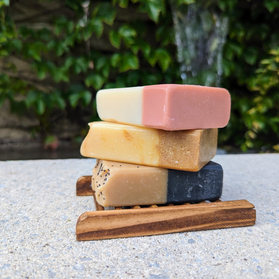 Is All Natural Soap Created Equal? Choosing the Right One for Your Hair While most natural soaps are suitable for hair, some are better than others. Here's what to look for: Ingredients: Opt for soaps made with high-quality oils like olive, coconut, shea butter, and cocoa butter. Avoid soaps with harsh detergents, artificial fragrances, or colors. Lather: A good lather helps distribute the soap evenly through your hair. Look for soaps that create a rich, creamy lather. Superfatting: Superfatting refers to the addition of excess oils that remain un-saponified. This helps to make the soap more moisturizing and less drying on your hair. Look for soaps with a 5-10% superfat level. Acidity (pH): Ideally, you want a soap with a pH level close to that of your hair and scalp, which is around 5.5. This helps to maintain the natural balance and prevent dryness or irritation. Look for soaps labeled as "castile" or "castile-inspired" as these tend to have a more balanced pH. Not All Natural Soaps Are Created Equal When choosing a natural soap for your hair, look for one made with high-quality ingredients and avoid those with added fragrances or dyes that can irritate the scalp. Here at Kali's Creations, we offer a variety of natural soap bars perfect for hair care:
Making the Switch: Tips and Troubleshooting Transitioning to natural soap shampoo can take some adjustment. Here are some tips to ensure a smooth experience:
Troubleshooting Common Challenges:
Ready to Make the Switch? Natural soap can be a wonderful alternative to traditional shampoo, offering a gentle clean and a path to healthier hair. If you're looking for a natural solution for your hair care woes, look no further than Kali's Creations All-Natural soap bars. Browse our selection to find the perfect match for your hair type and experience the difference natural hair care can make! Summer season is just around the corner! There’s no better way to get that good ole’ vitamin D than to frolic in the midday sun… there’s also no better way to get a good ole’ sunburn. Sunburns can range from mild to severe, and they can cause a variety of symptoms, including:
The sun's ultraviolet (UV) rays can damage your skin, even on cloudy days. Sunburn can cause redness, pain, swelling, blisters, and even skin cancer. The best way to prevent sunburn is to avoid spending too much time in the sun without protection. If you must go outside, be sure to wear sunscreen with an SPF of 30 or higher, protective clothing, and a hat. If you have a sunburn, it is important to take steps to soothe your skin and prevent further damage.m Luckily, most of the items on this list can be found in your pantry. Here are some home remedies that can help:Aloe Vera Gel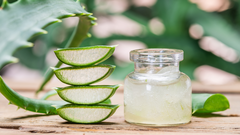 Aloe vera is a natural moisturizer that can help to soothe sunburned skin. Apply a generous amount of aloe vera gel to your sunburned skin several times a day. You can also cut a piece of fresh aloe vera and rub it to the affected area of your skin. You can find fresh aloe vera at your local health food markets and grocery stores. Cucumber SlicesCucumbers are a good source of moisture and can help to reduce inflammation. Place a few cucumber slices on your sunburned skin for 15-20 minutes at a time. MilkMilk can help to cool and soothe sunburned skin. Apply a cold compress soaked in milk to your sunburned skin for 15-20 minutes at a time. Oatmeal Bath
Calendula TeaCalendula tea is a soothing and cooling treatment for sunburn. It can help to reduce inflammation, redness, and pain. It is also a good source of antioxidants, which can help to protect your skin from further damage. Apply a steeped calendula tea bag directly on the sunburned area, or add calendula tea to your bath. Cool CompressApplying a cool compress to your sunburned skin can help to reduce pain and swelling. Soak a clean cloth in cool water and apply it to your sunburned skin for 15-20 minutes at a time. Here are some additional tips for preventing and treating sunburn:
By following these tips, you can help to protect your skin from the sun and prevent sunburn. If your sunburn is severe, you should see a doctor. A doctor can prescribe medication to help relieve your symptoms and prevent infection.
Germs are everywhere. That's just a fact of life. Many people are wary of continuously dumping disinfectants and antibacterial products on their skin. At the same time, they want to remain clean and healthy. Is natural soap the answer? How Does Natural Soap Clean the Skin?First, let's take a look at how soap works. Soap is a surfactant, which means it lowers the surface tension of water. This allows water to more easily remove dirt, oil, and germs from your skin. Soap also forms micelles, which are tiny bubbles that trap dirt and oil. These micelles are then rinsed away with the water. Does Natural Soap Kill Germs and Bacteria?So, does handmade natural soap kill germs? The answer is no. Soap does not kill germs. It simply removes them from your skin. This is why it is important to wash your hands thoroughly with soap and water for at least 20 seconds. This will help to remove any germs that may be on your hands. Can Natural Soap Be Effective at Killing Bacteria and Germs?While natural soap does not kill germs, it can be effective against them. This is because soap helps to remove the germs from your skin, where they can no longer cause infection. In addition, natural soap can be made with essential oils or other natural ingredients that have antibacterial properties. These ingredients can help to kill germs on your skin. Is Natural Soap Effective to Use?Yes, natural soap is safe to use. In fact, it is often considered to be safer than commercial soaps. This is because natural soap is made with natural ingredients and does not contain harsh chemicals or synthetic fragrances. What are the Benefits of Using Natural Soap?
So... is Natural Soap the Answer?Whether or not natural soap is the answer for you depends on your individual needs and preferences. If you are looking for a gentle soap that is free of harsh chemicals and synthetic fragrances, then natural soap may be a good option for you. However, if you are looking for a soap that kills germs, then you will need to look for a different type of soap.
Natural soap is a popular choice for many people who are looking for a more environmentally friendly and gentle alternative to commercial soaps. However, there is some concern that natural soap can clog drains. In this blog post, we will discuss whether or not natural soap can clog drains, and what you can do to prevent it. What is Natural Soap?Natural soap is made from plant-based oils and lye. It is a gentler alternative to commercial soaps, which are often made from harsh chemicals and synthetic ingredients. Natural soap is also biodegradable, which means that it will break down in the environment without harming the planet. Can Natural Soap Clog Drains?There is some concern that natural soap can clog drains because it can form a layer of soap scum on the inside of pipes. Soap scum is a hard, white film that can build up over time and eventually block drains. However, it is important to note that not all natural soaps are created equal. Some natural soaps are more likely to clog drains than others. For example, bar soaps are more likely to clog drains than liquid soaps. This is because bar soaps contain oils that solidify at room temperature and can easily get stuck in pipes. How to Prevent Natural Soap from Clogging DrainsThere are a few things you can do to prevent natural soap from clogging drains:
In Conclusion...
Natural soap is a great option for people who are looking for a more environmentally friendly and gentle alternative to commercial soaps. However, it is important to be aware that natural soap can clog drains if it is not used properly. By following the tips above, you can help to prevent your drains from clogging and keep your plumbing system in good working order. One more thing... In addition to the tips above, another thing you can do to prevent natural soap from clogging drains is to use a water softener. Hard water can contain minerals that can react with soap and create a film that builds up on the inside of pipes. A water softener can help to remove these minerals and reduce the risk of clogs. |
AuthorKali Howard has over 10 years of natural soapmaking experience. She is a married mother of 3 beautiful children. Archives
March 2024
Categories |






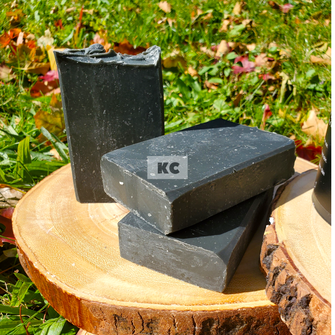
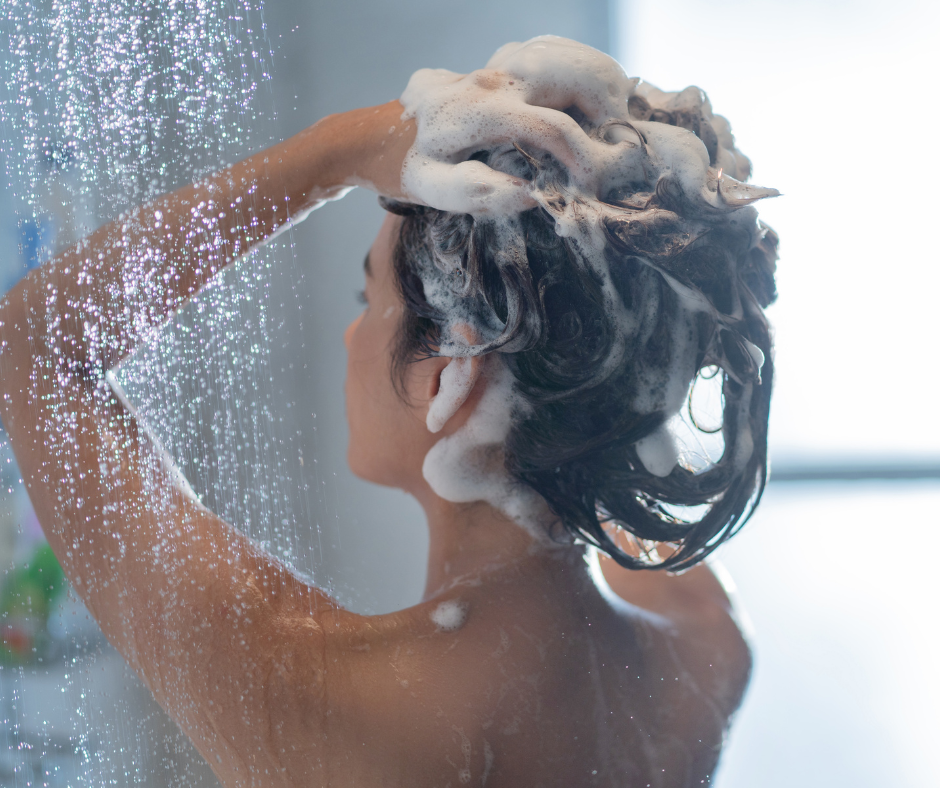
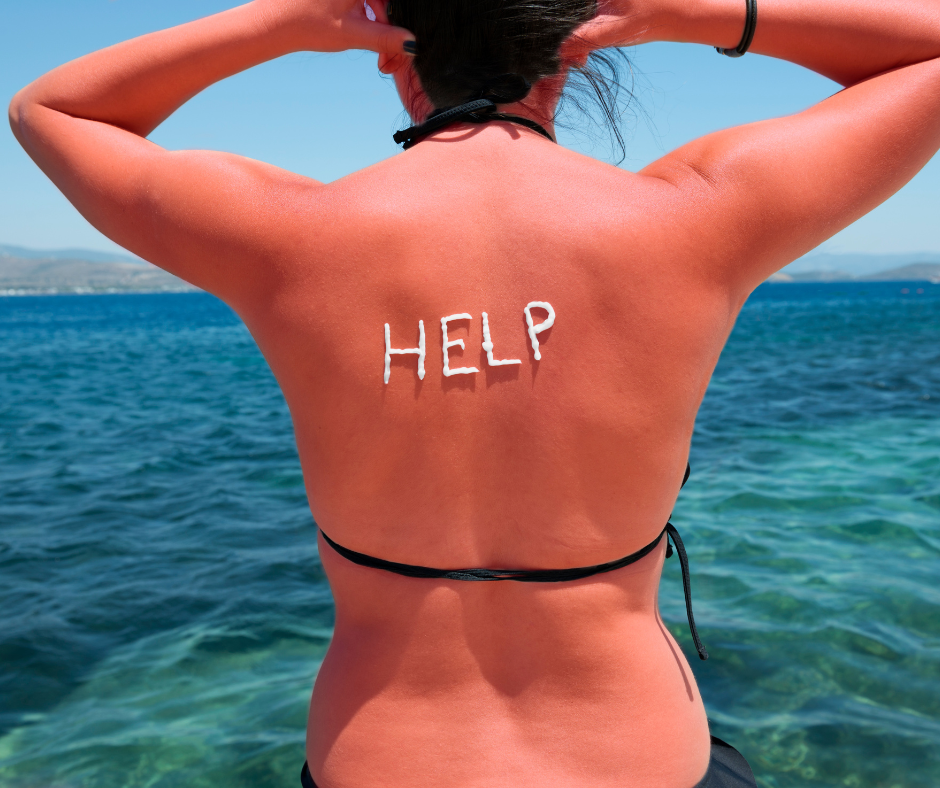
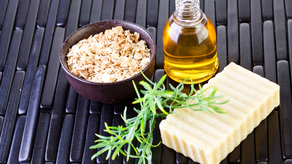
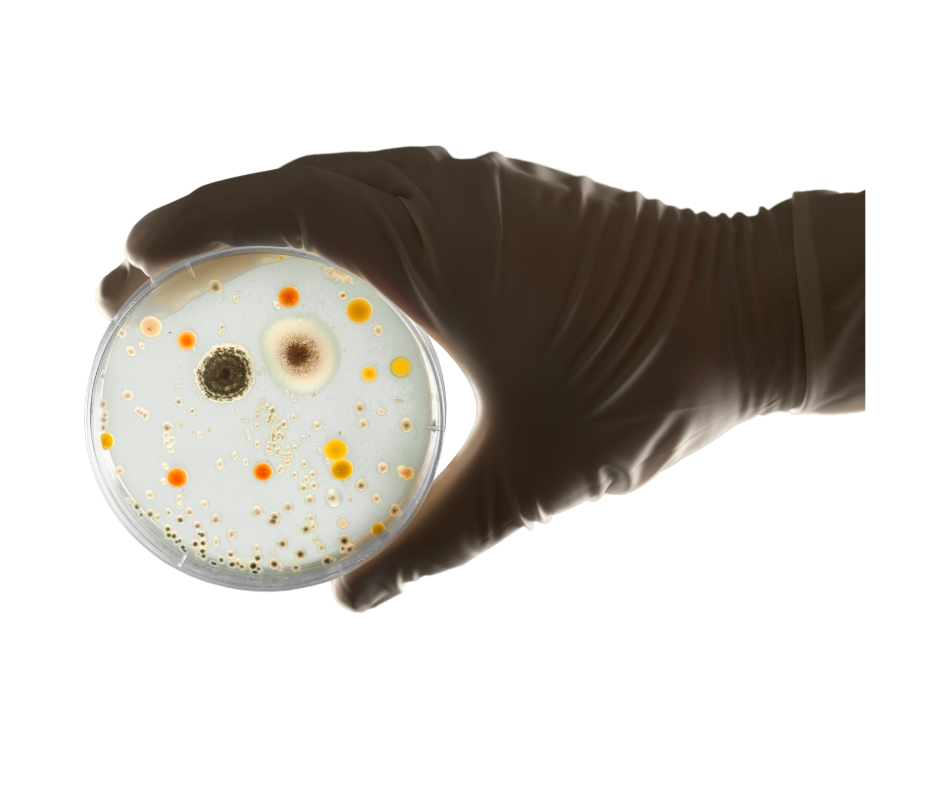
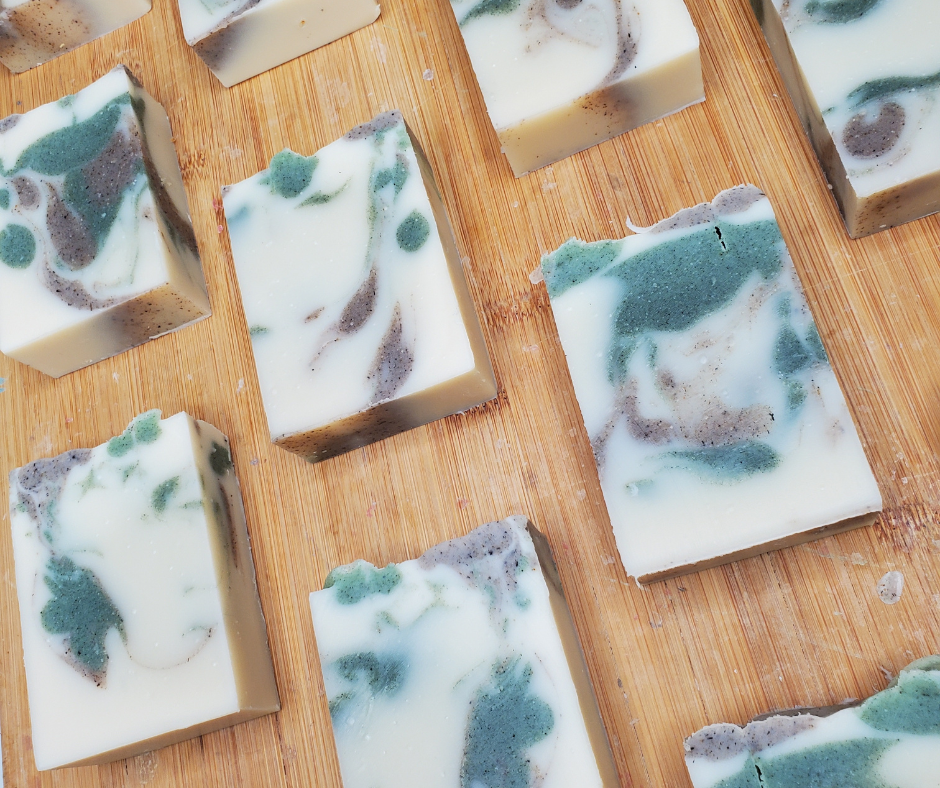
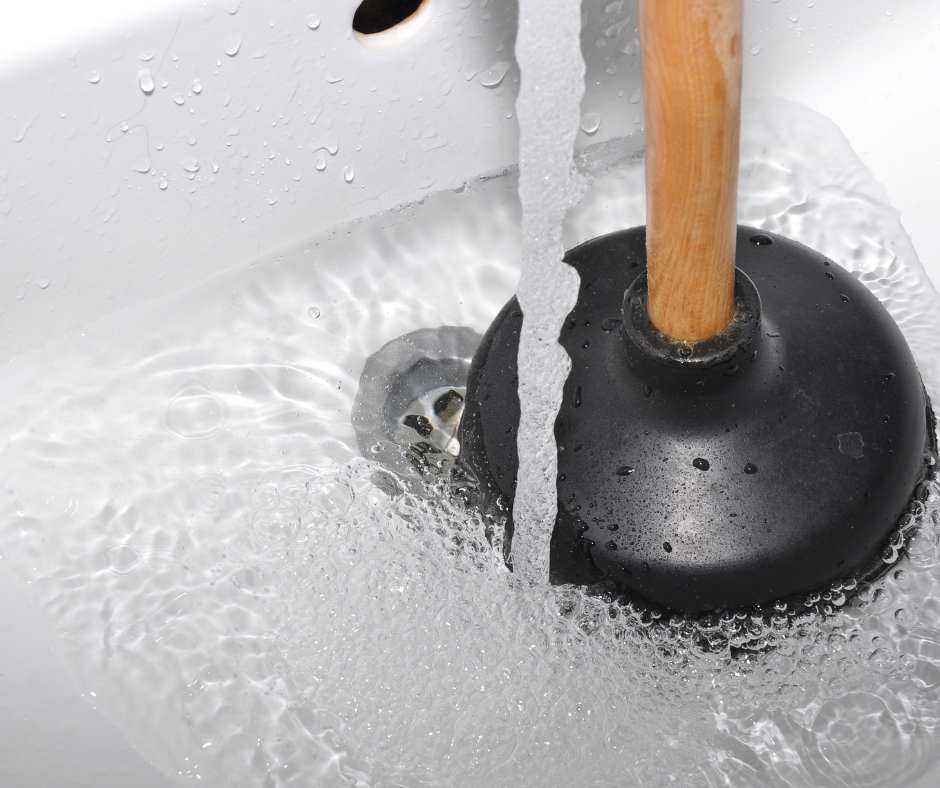
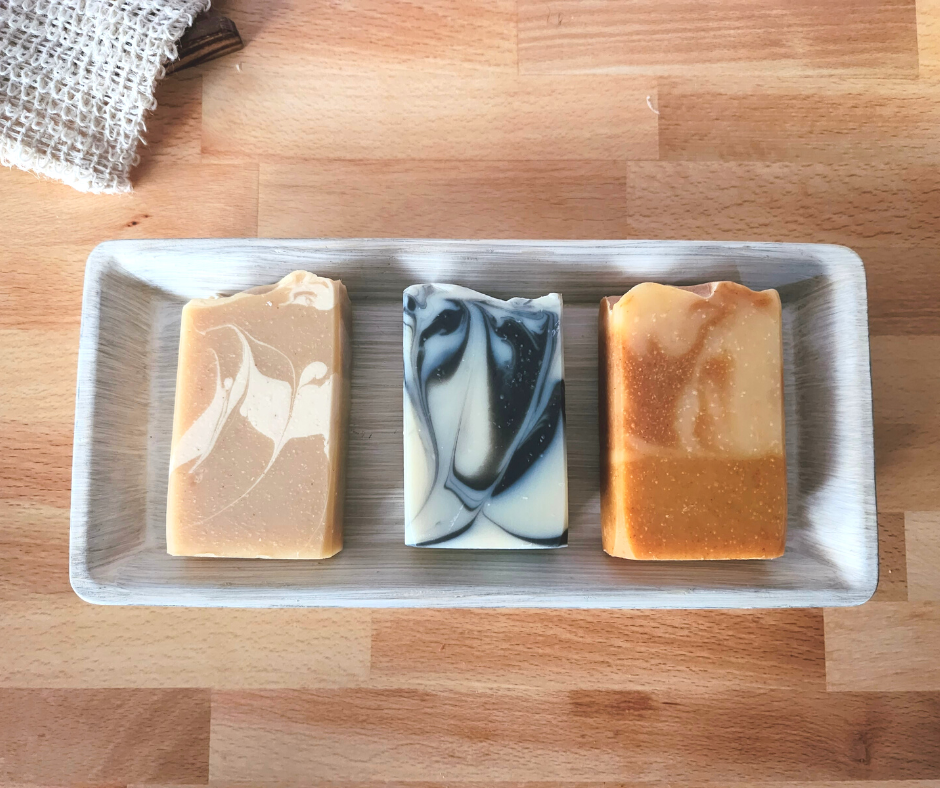
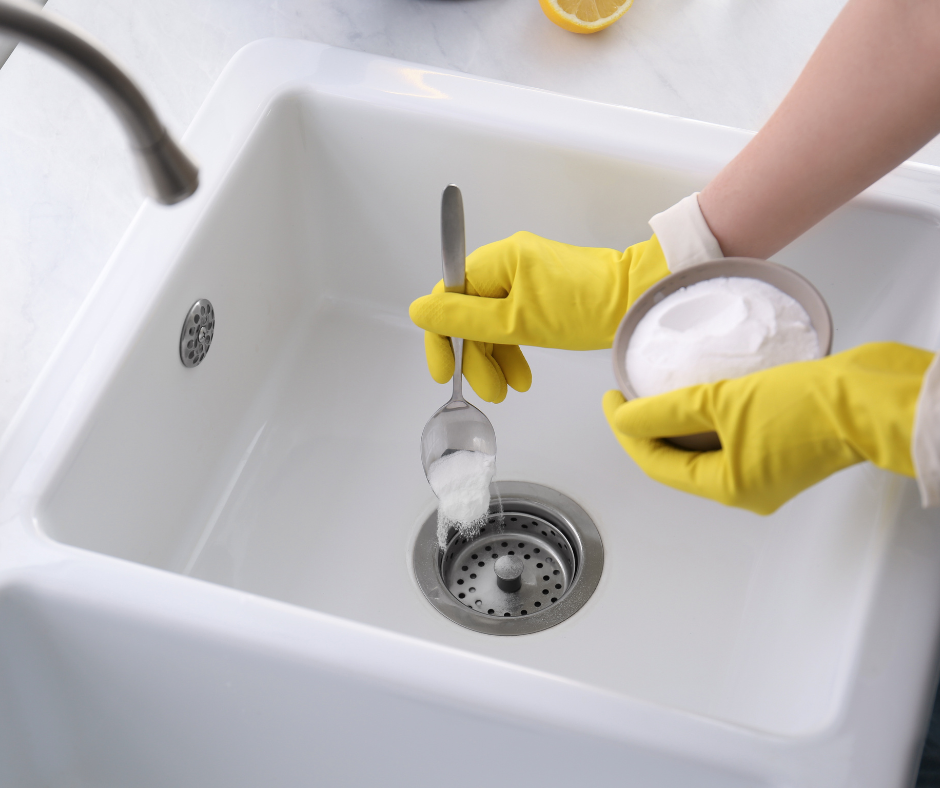
 RSS Feed
RSS Feed
